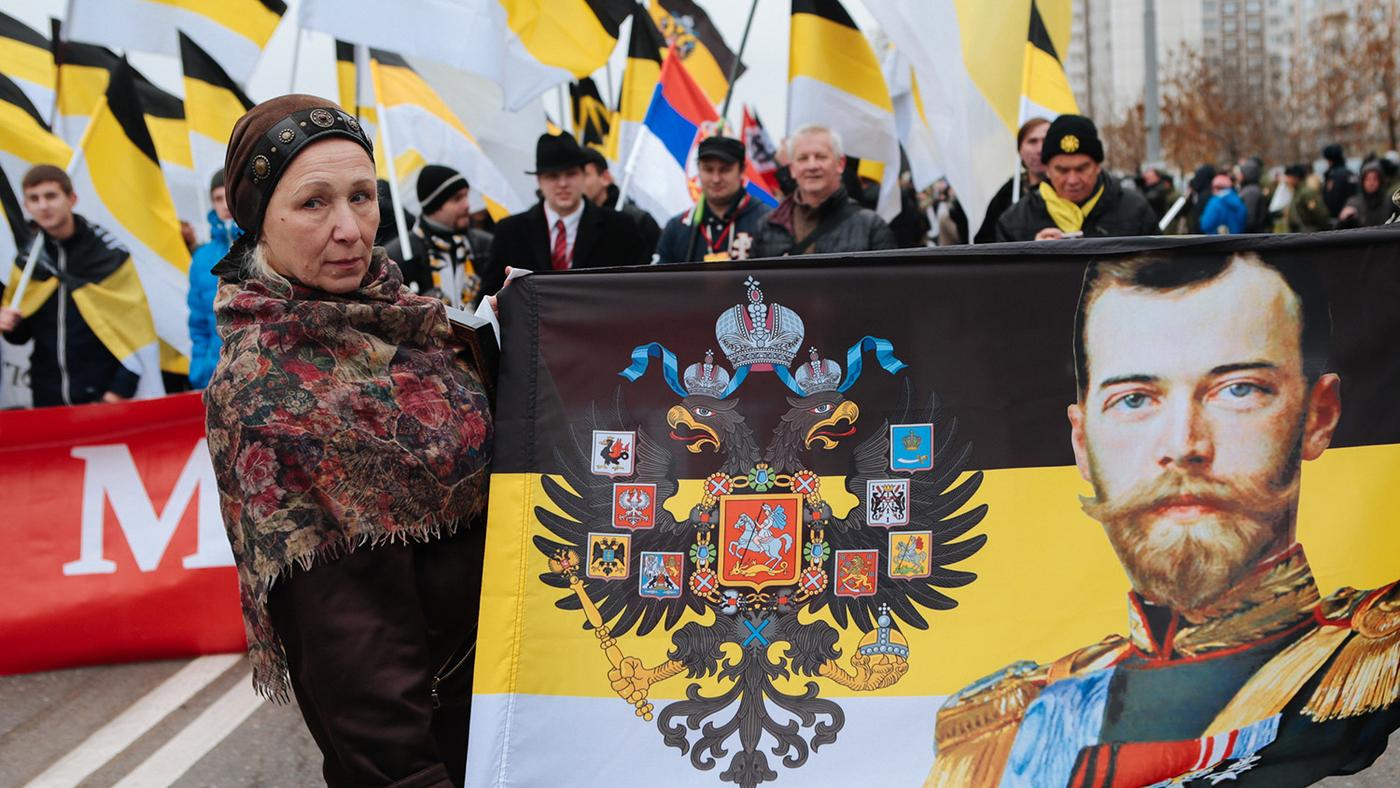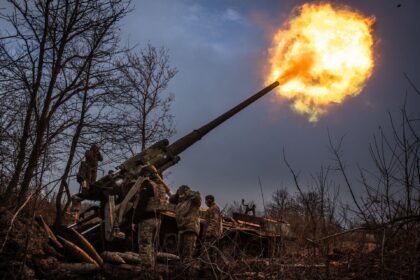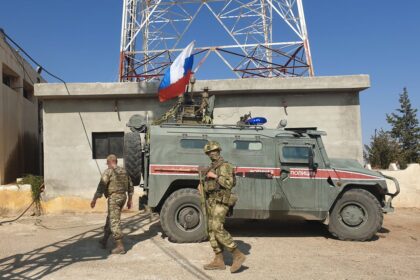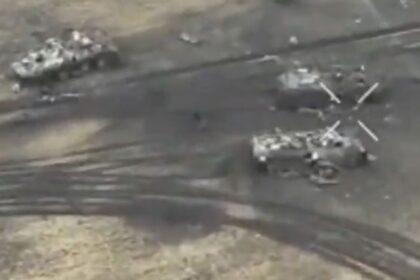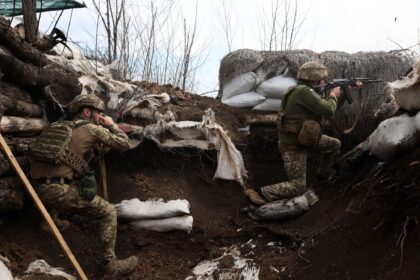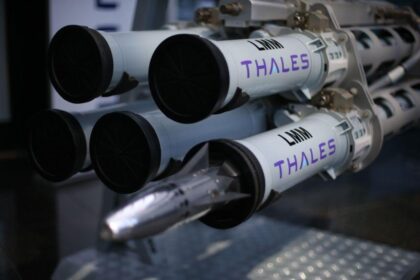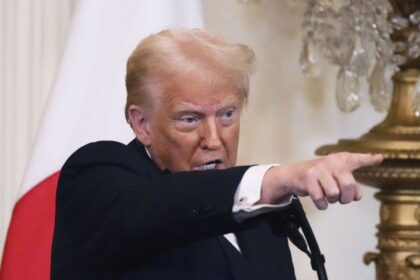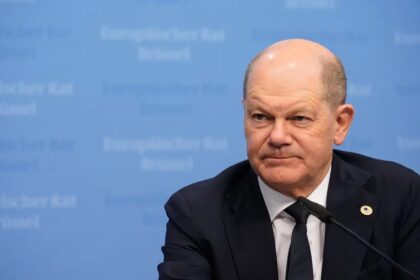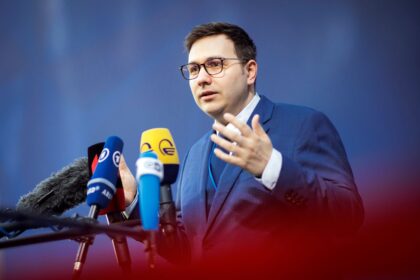**Russian President Putin Unites Nation Against the West with Emerging Ideology**
As Russia continues its full-scale invasion of Ukraine, Russian President Vladimir Putin has been fostering an informal state ideology that aims to unify the nation against the West. According to a report by the US-based Institute for the Study of War (ISW), Putin is promoting a ideology rooted in nationalism, traditional values, and spiritual identity.
**A Return to Imperialist Messaging**
This emerging ideology comes at a time when Russia’s actions in Ukraine have been characterized as imperialistic. The Kremlin has been promoting narratives of Russian exceptionalism and the supposed inferiority of both Ukrainians and the West. This rhetoric is not only aimed at justifying Russia’s military actions but also at creating a sense of unity among Russians against the perceived threats from the West.
**Promoting Nationalism through Rhetoric and Ceremony**
At a recent state award ceremony, Putin emphasized the importance of “strong family foundations” and “traditional values” in upholding Russia’s “1,000-year-old statehood.” He also stated that preserving Russian people, culture, and spirituality is the country’s top priority. The ceremony itself was highly scripted, with all awardees praising Russia’s fighters and accusing hostile countries of falsifying history.
**Selecting Awardees to Promote Desired Ideology**
The only religious figure awarded at the event was a Russian Orthodox priest, despite the state officially recognizing Islam, Judaism, and Buddhism alongside Orthodoxy. This selective approach suggests that Putin is deliberately promoting a specific ideology that emphasizes the importance of traditional values and spiritual identity. The presence of other awardees, such as a martial arts school director and a museum official, further reinforces this narrative.
**Implications for Russian Society**
The promotion of this informal state ideology has significant implications for Russian society. By emphasizing nationalistic and traditional values, Putin is creating an environment in which dissenting voices are increasingly marginalized. This can lead to a rise in xenophobia and intolerance, making it more difficult for Russians who do not conform to the dominant narrative to express themselves freely.
**What’s Next?**
As Russia continues its invasion of Ukraine, it remains to be seen how far Putin will take this emerging ideology. Will he continue to promote a narrative that emphasizes Russian exceptionalism and hostility towards the West, or will there be a shift in approach? One thing is certain: the implications for Russian society and international relations will be significant.
Read More @ euromaidanpress.com




